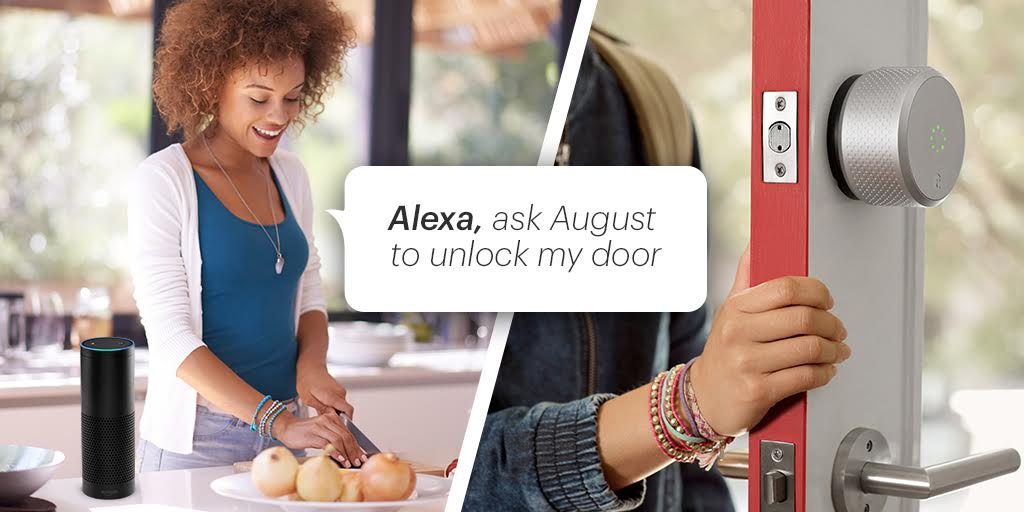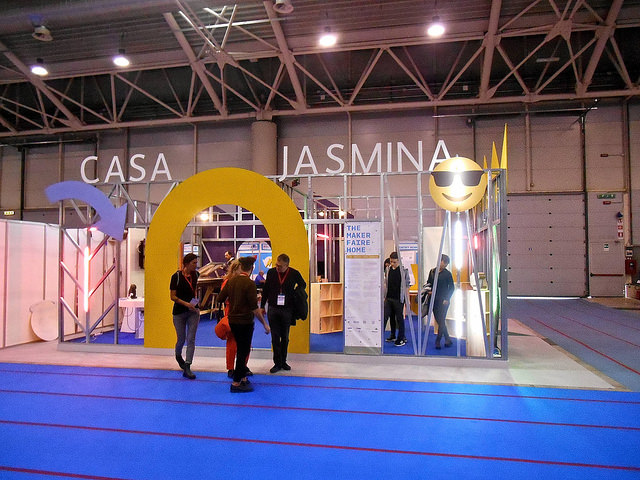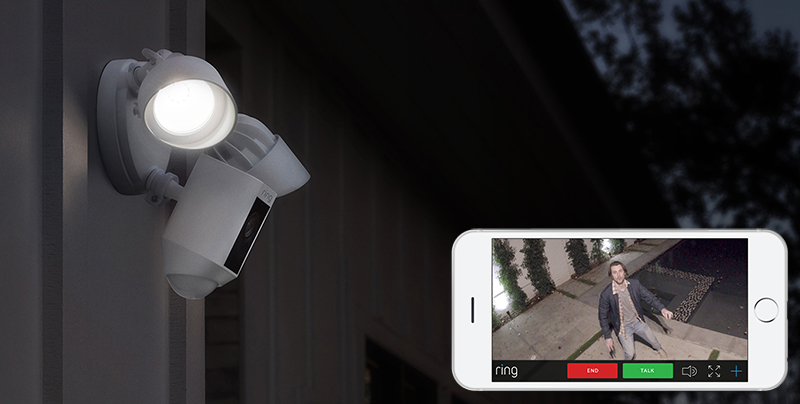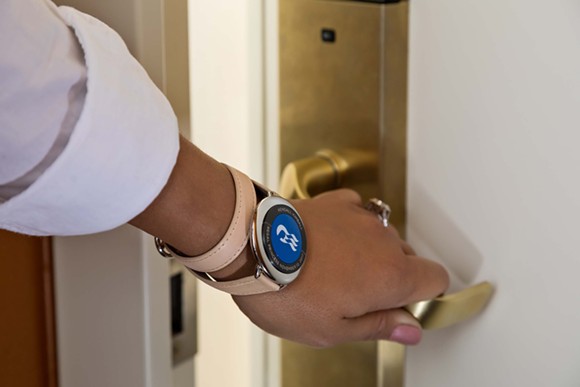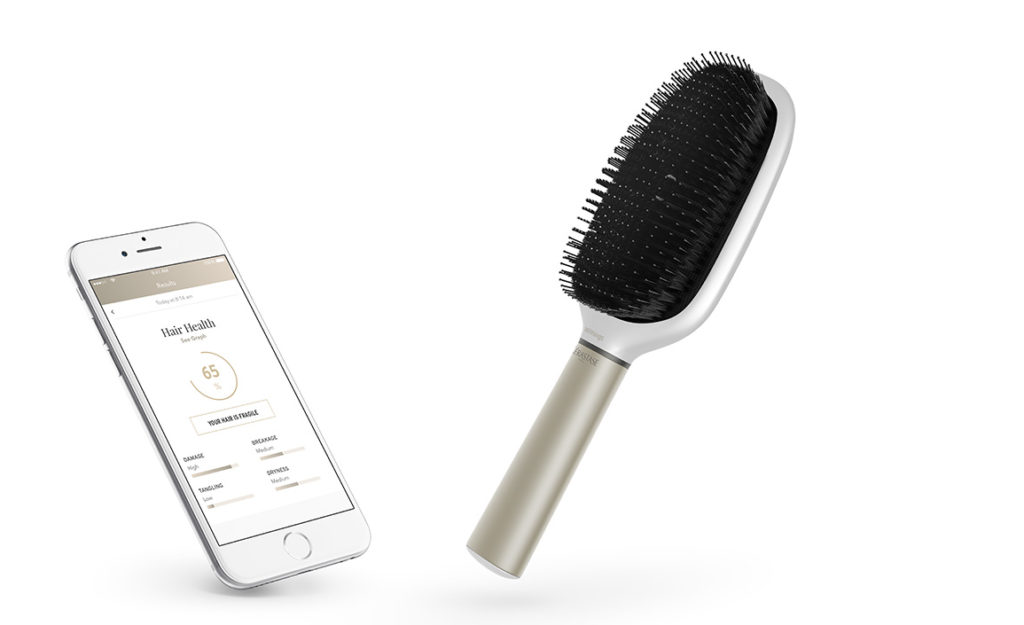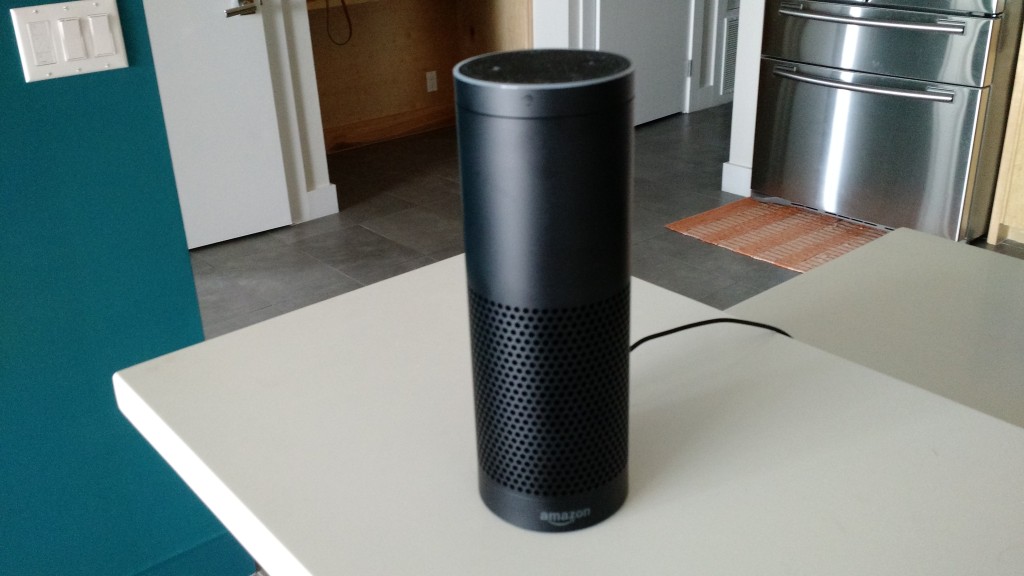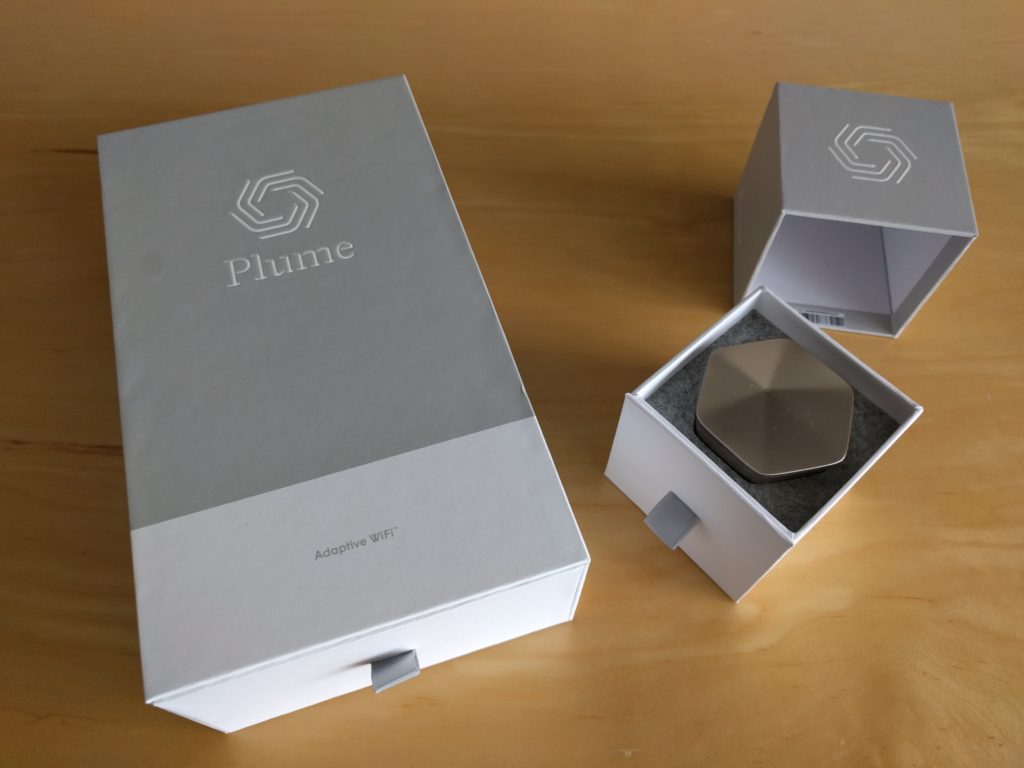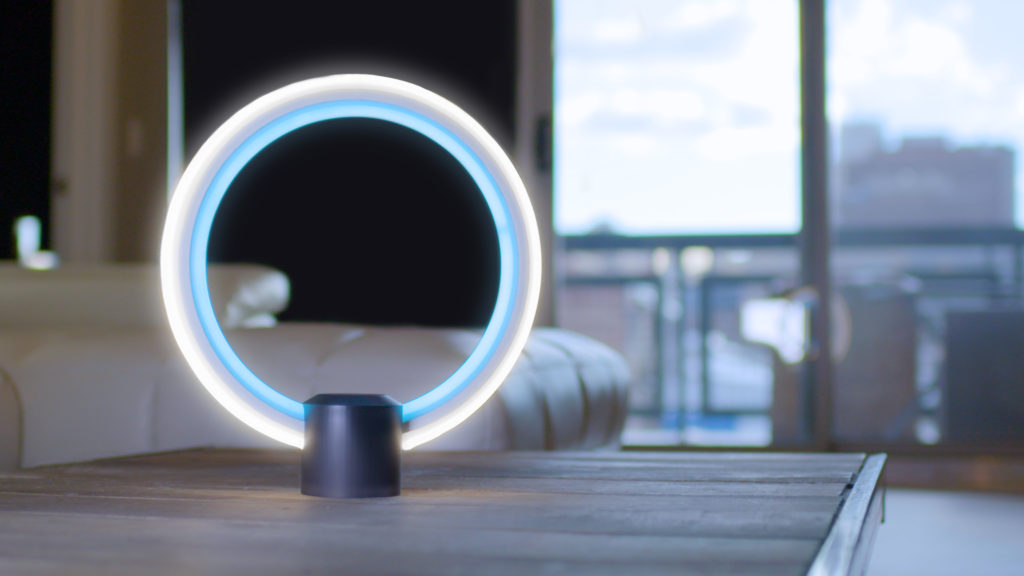Well, the skies fell this week for the smart home. Or more accurately the cloud was somewhat disconnected thanks to Amazon Web Services stumbling. We discuss what happened and how companies can avoid having similar problems by designing for resiliency. We also talk about several new Alexa skills for locks, routers and phones. We then discuss the hacked teddy bears and a few new devices worth checking out. Plus Kevin gives an update on the June oven and I share my update on the Logitech Harmony.
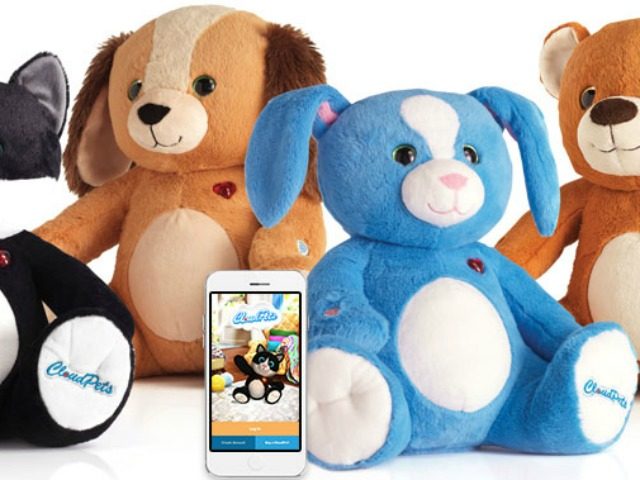
After all of that, we move to the business world for a deep dive into the new value chain for producers of physical products. Once you add connectivity, data analysis and machine learning, the model changes. I speak with Saar Yoskovitz, CEO of Augury, to find out what happens to the distributers and after market parts venders, and how startups can force their way into the process and steal margin from bigger players. It’s a really insightful conversation about what happens when everything becomes a service.
Hosts: Stacey Higginbotham
Guest: Saar Yoskovitz, CEO of Augury
Sponsors: WolfSSL and SpinDance
- The cloud is falling!
- Please stop making me write about security problems
- Thoughts on our devices and Kevin’s dog
- The future of business is services
- Forget data, the profits are in insights
Podcast: Play in new window | Download | Embed
Subscribe: RSS

